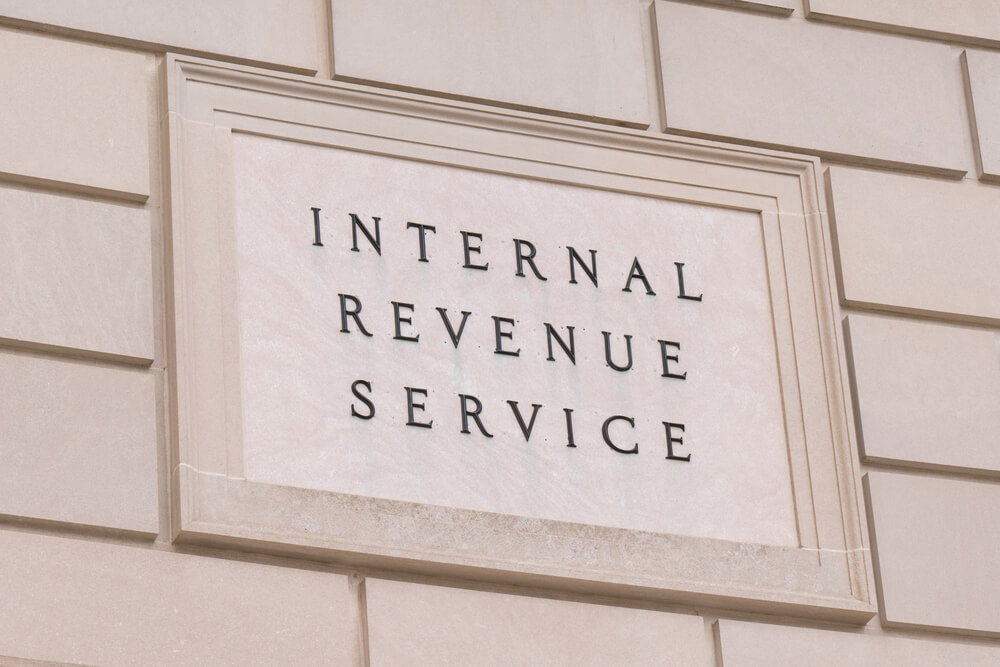It looks like the Internal Revenue Service (IRS) doesn’t have as much power as we thought. The agency is offering to pay a man named Joshua Jarrett, who allegedly was denied a refund two years ago after creating new coins through staking. Despite the offer, Jarrett is saying “no” and continuing his case against the tax people in D.C. to ensure the IRS never pursues him on the matter again.
Has Crypto Beaten the IRS?
In 2019, Jarrett was made to pay income taxes on new coins he created through staking. The initial idea is that established property can only be taxed when it is sold, and with this in mind, Jarrett applied for a refund in 2020. However, the IRS rejected this notion, which led to a federal case being filed.
Abraham Sutherland – one of the lawyers representing Jarrett – explained in an interview that the stakes are too high to simply accept the refund the IRS is now offering and run away. He believes that cases similar to this one can likely emerge in the future, and he wants to make sure nothing like this makes its way into a courthouse again. He commented:
While I appreciate the IRS’s offer, Jarrett needs a definitive ruling that the property he created through staking is not income.
The Proof of Stake Alliance (POSA) was the first to report the news. Evan Weiss – the founder of POSA – explained in a statement:
Proof of stake tokens will only increase in popularity in the coming years as Web3 becomes mainstream, and the IRS must signal that it’s prepared for innovations in the space. Back in 2019, we briefed officials at the Treasury Department as well as other policy makers on Capitol Hill about the need for a clear statement that staking rewards are not taxable income. Today, we continue to urge the department to put forth an advisory that makes it clear that staking rewards will only be taxed when sold. We cannot risk making the US a second-rate market for staking, pushing the burgeoning multi-billion-dollar staking industry to inevitably take those dollars elsewhere.
People Will Be Staking More
Alison Mangiero – board member and executive director of POSA – said:
The IRS doesn’t just lay down in court, especially in cases that could affect millions of taxpayers on a very basic point of law. It means they’ve got a losing argument. For the sake of fair tax administration and American innovation, I hope the IRS follows this up quickly with clear guidance that staking rewards aren’t taxable income. As more and more blockchains use proof of stake to come to consensus and more and more American taxpayers participate in these networks, the government needs to catch up and apply years of settled tax law to the new property created by using this new technology.



